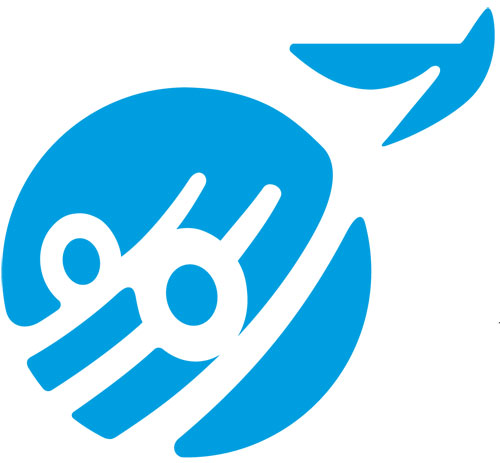Draft Guiding Principles on Extreme Poverty and Human Rights

In autumn 2012, Guiding Principles on Extreme Poverty and Human Rights are due to be adopted by the United Nations. These guidelines will be a timely tool in order to demonstrate the importance of a human-rights based approach to poverty eradication as discussions on a successor framework post-2015 to the Millennium Development Goals take root.
In 2001, the former United Nations Commission on Human Rights (now the Human Rights Council) stressed the need to develop a set of principles on the implementation of existing human rights norms and standards in the fight against extreme poverty.
A set of Draft Guiding Principles on Extreme Poverty and Human Rights (DGPs) were developed by an ad hoc group of human rights experts, and were submitted to the Human Rights Council in 2006. At the Council’s request, the Office of the High Commissioner for Human Rights (OHCHR) invited comments on the DGPs by States, national human rights institutions, international organizations and civil society organizations – including people living in extreme poverty. The Council then mandated the Special Rapporteur on extreme poverty and human rights, Magdalena Sepulveda, to continue the work. In September 2010 [1], she submitted a proposed outline to the Council; it requested the OHCHR to conduct a second round of consultations, in order for the Special Rapporteur to present a final version of the guiding principles in September 2012, with a view to their adoption by the Council. The OHCHR’s report (presented to the Human Rights Council in March 2011 [2]) on the results demonstrates the collective agreement that now exists on most of the proposed contents of the DGPs.
In order to further broaden the support of States for the DGPs and ensure their adoption in September, ATD Fourth World and the Missions of Albania, Belgium, Chili, France, Peru, Philippines, and Senegal co-sponsored a side event during the 19th Session of the Council, in March. Speaking to an audience of some 80 government and NGO representatives, the Ambassadors of Brazil, France, and Uruguay all emphasized the urgent need to eradicate extreme poverty through a balance between national and international human rights obligations. The Special Rapporteur, also on the panel, reminded participants that “the development of this set of Principles is a State-owned process – it was initiated by States, not my mandate, and ultimately the Principles will need to be adopted by States. … First and foremost, there is agreement that the primary purpose of the DGPs is to create a set of principles that will provide practical guidance to practitioners and which will be applicable in diverse contexts across developed and developing countries.”
She went on to stress that “it is clear that a human rights approach to addressing extreme poverty can assist us, not only in understanding the causes of poverty, but in ensuring that extreme poverty is viewed as what it really is – a series of grave and interconnected violations of human rights. A new approach to development and poverty – one based on respecting and enforcing human rights obligations and responsibilities…– is the best way to address the unacceptable occurrence of extreme poverty around the world.” [3]
The guiding principles are being finalized at an opportune time, when the international community is discussing how to put the world on the path to sustainable development. Their adoption in September of this year would provide the world with a concrete tool for integrating human rights into the possible successor framework to the Millennium Development Goals.
[1] http://www2.ohchr.org/english/bodies/hrcouncil/docs/15session/A.HRC.15.41.pdf
[2] http://www.ohchr.org/Documents/HRBodies/HRCouncil/RegularSession/Session19/A-HRC-19-32_en.pdf
[3] Magdalena Sepúlveda, “Action-oriented guidance for eradicating extreme poverty: the draft guiding principles,” Side event HRC19, 19 March 2012.

